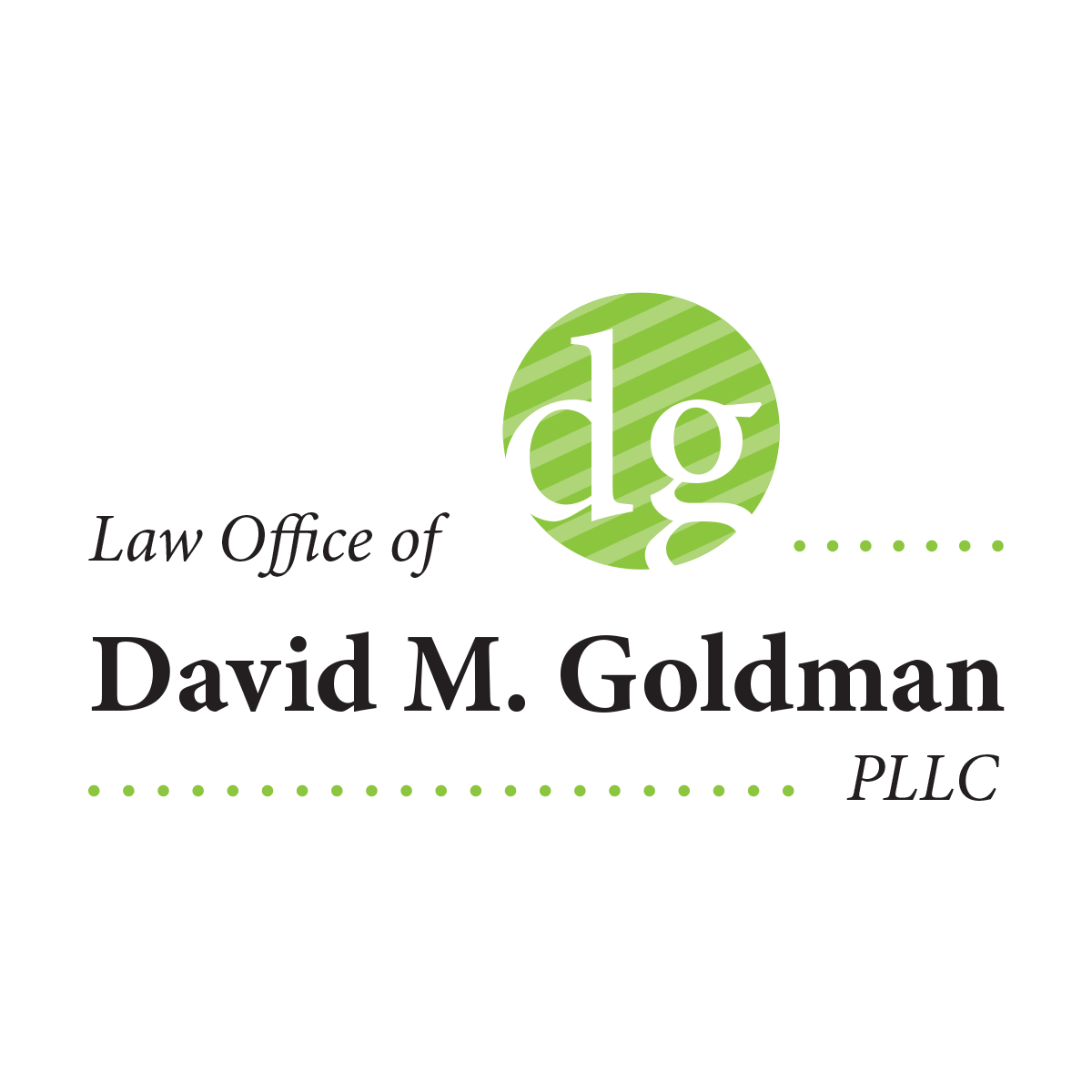Thinking about whether you need a trust or a will can feel like a big fork in the road. At Trusts and Estates Law Group (in North Carolina), we are committed to honoring your life, work, and charity in a way that reflects your values. Our team provides thoughtful estate planning advice and steady, compassionate advocacy for families facing tough choices. In this article, we look at when a trust can serve you better than a will in North Carolina, with a focus on personal goals and clear, practical guidance.
Wills vs. Trusts: An Overview
A will is a legal document that dictates how your property should pass after your death and who should handle the estate. It also names guardians for minor children and deals with personal items that matter to your family.
A trust is a legal arrangement that holds assets for beneficiaries, with a trustee managing those assets under the trust’s rules. A revocable living trust can be changed while you are alive, while an irrevocable trust is harder to change and shifts control in different ways.
Wills are simpler and cheaper to set up at the start, while trusts can offer more flexibility and stronger protection over time. The right choice depends on your goals, the people you love, and the property you own.
To keep the basics handy, here is a quick comparison you can scan before we go deeper.
Topic
Will
Revocable Living Trust
When it takes effect
After death
During life and after death
Probate
Goes through probate
Avoids probate for assets titled into the trust
Privacy
Public after filing
Private
Incapacity support
Relies on powers of attorney
The successor trustee can step in quickly
Out-of-state property
Ancillary probate is often required
Often avoids ancillary probate
Estate tax planning
Possible through will trusts
A revocable trust does not reduce the federal estate tax
Both tools can work together. Many plans use a revocable trust plus a short “pour‑over” will to catch anything left outside the trust.
When a Trust May Be More Suitable Than a Will in North Carolina
Some situations call for more control, privacy, or ease of management. The points below highlight common scenarios where a trust is the best solution for North Carolina families.
Complex Family Situations
Blended families often want to support a spouse and still protect children from another relationship. A trust can lock in those protections, so your children are not sidelined later.
A revocable trust with credit shelter or bypass provisions can split assets at the first spouse’s death, providing for the survivor while reserving a share for the children of the first spouse. A will alone cannot secure that balance with the same clarity.
Beneficiaries with Special Needs
If a loved one receives, or could receive, public benefits like Social Security Income (SSI) or Medicaid, a direct inheritance could disrupt eligibility. SSI and Medicaid programs count assets over a small limit, and that limit istypically only $2,000.
A properly drafted Special Needs Trust can hold an inheritance for the beneficiary without risking those benefits. The trust can pay for quality-of-life extras while keeping eligibility intact.
Desire for Privacy
Wills become part of the public record at probate. Anyone can read the terms, the list of assets, and who inherits the estate.
Trusts stay private. Asset details and beneficiary identities stay out of the courthouse file, which can reduce conflict and unwanted attention.
Out-of-State Property Ownership
Owning real estate in more than one state can create multiple probate cases, which means extra cost, delays, and travel. Families already dealing with loss do not need that extra burden.
Transferring out-of-state property into a revocable trust helps avoid those additional probate proceedings. Your successor trustee can handle that property using the trust’s terms, which keeps things simpler.
Incapacity Planning
A trust offers a clear path if you become unable to manage finances. The successor trustee can take over trust assets quickly, without court involvement.
This can work alongside powers of attorney, but the trust gives the trustee direct authority over the assets titled in the trust. That speed can make a real difference in a crisis.
Complex or Difficult-to-Value Assets
Business interests and other hard-to-value property can bog down probate with appraisals and reports. That delay can hurt operations and family cash flow.
When those assets sit inside a trust, the trustee manages them under the trust rules, without the court-driven appraisals. That keeps the focus on running the business and protecting the business’ value.
Potential for Estate Tax
The federal estate tax exemption is $13.99 million per person in 2024. A married couple can pass $27.98 million by combining exemptions.
Revocable trusts do not reduce the federal estate tax. Irrevocable trusts can reduce or remove assets from the taxable estate, but they require giving up control, which calls for careful design and clear goals.
Preserving Assets from Medicaid Estate Recovery
Families worried about long-term nursing care often ask about protecting the home or savings from Medicaid estate recovery. A Medicaid Asset Protection Trust, or MAPT, can help if set up and funded well ahead of time, typically five years before an application.
A MAPT is irrevocable and involves a true transfer of control, which is a big step. For families planning early, it can shield assets for a spouse or children while still preserving eligibility for benefits later.
Debunking Common Trust Myths in North Carolina
Misleading one-liners circulate at barbeques, on forums, and in sales pitches. Let’s clear up a few that often cause confusion in our state.
Myth: Trusts are Only for the Wealthy
Trusts help lots of households, not just high-net-worth families. Privacy, out-of-state real estate, special needs planning, and incapacity support are common goals across income levels.
Even modest estates can benefit from a trust when the family situation or asset mix calls for more control.
These are practical, everyday reasons to use a trust, and none require millions in assets:
Own a vacation condo in another state.
Want your spouse supported, while protecting kids from a prior relationship.
Need to keep a child’s public benefits safe with a Special Needs Trust.
These are practical, everyday reasons to use a trust, and none require millions in assets.
Myth: Trusts are Necessary to Avoid Estate Taxes
Most North Carolinians are under the federal exemption, and our state has no estate or inheritance tax. That means many estates owe no estate tax at all.
Revocable living trusts do not reduce the federal estate tax. Irrevocable trusts can reduce taxes by moving assets outside the taxable estate, but that also means giving up control and living with stricter rules.
Myth: You Must Put Your House in a Trust
In North Carolina, real property passes outside probate. Heirs or will beneficiaries become owners at death, subject to valid debts and liens.
A trust can still help if you want privacy, quick management during incapacity, or to avoid ancillary probate in another state. It is a planning choice, not a mandatory move.
Making the Right Choice for Your Estate Plan
The will vs. trust decision comes down to your family, your goals, and your property. Some plans call for only a will, while others run smoother with a trust at the center.
Many families use both tools together. A revocable trust can handle most assets, and a short will can catch anything left out and name guardians for minors.
If you are sorting through your options, a short roadmap can help you get started without spinning your wheels.
List your assets and where they are located, including any out-of-state real estate or business interests.
Write down your goals for privacy, timing of distributions, and protection for loved ones.
Flag any special needs or long-term care concerns, then weigh trust-based solutions that fit those needs.
A short conversation with a North Carolina estate planning attorney can turn that list into a clear plan. Getting it right brings peace of mind to you and less stress for your family later.
Contact Trusts and Estates Law Group (of North Carolina), Today
Let us help you build a plan that fits your life and honors your legacy. Feel free to call us at 919-782-3500 or reach out through our Contact Us page to get started. We welcome your questions, and we work hard to deliver advice that is clear, thoughtful, and grounded in North Carolina law. A well-thought-out plan today can now spare your family from unexpected hardships in the future.



























